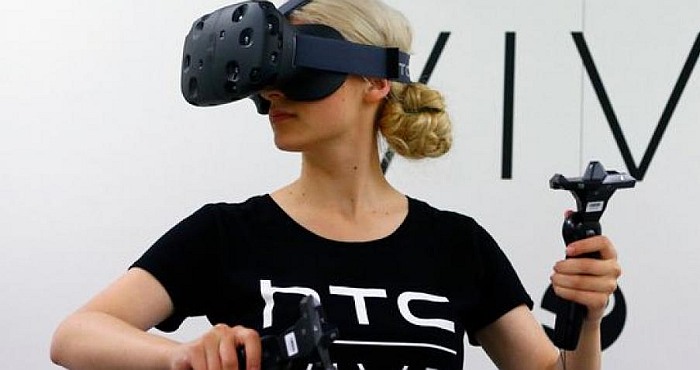
The new VR market endures to ornament one year from the time when of the launch of HTC Vive and Oculus Rift. Although it might not be developing as fast as some supposed, users are accepting it. The imminent of VR will hang on the manufacturer’s capability to develop the market. That is where HTC intervenes.
To comprehend HTC’s VR objectives, it’s significant to understand what all the firm has been up to of late. It’s also significant to comprehend the four distinct user segments HTC has demarcated. There is VR home-based, which is where HTC by now contests. Mobile VR, which is where HTC does not contest in North America nevertheless does contest in China. Creativity is about conveying the VR knowledge to productivity applications. Lastly, there is public VR, which is where HTC is anticipating to mark a large splash globally.
Whereas arcades diminished in the West, their influence never really died away in Asia. Rendering to HTC, more or less of this has to do with the minor living gaps in states like China. The last part is that getting to the colonnades is a very social knowledge, and HTC is eyeing to upgrade the knowledge with Vive. Several arcades are being modernized with VR stations, and HTC contains around a thousand places in China. Globally, the firm is looking into what does best for each state.
HTC also goals to make certifying VR labels easy for arcade operatives. Vive by now has 400 labels and legal trusts with compound studios, making certifying modest for operators. HTC tells this as a decent way for inventers to monetize and arcade their playoffs. Arcades would give inventers publicity, especially in states they may have at no time marketed in. For arcade operatives, the process assists them save time and cash with negotiating.
Therefore, HTC has a strategy to convey the high-end VR knowledge to public places, but does it have any more strategies for the home. HTC will be developing out a new payment service that gives creators a new way to sell their content and gives users more elasticity to try new content.
VR is a space in which HTC is working all in on. Vive Studios is committing itself to not only game making, but also making VR applications for education, health care, and other arenas. The development side has by now produced two games, Knockout League and Arcade Saga, adding to MakeVR (a 3D modeling feature). Future projects comprise VR Sports (which makes use of genuine physics to generate realistic Ping Pong and Tennis matches) and Front Defense (a World War II-themed dugout defense game).
HTC has a strategy for VR. It is intrepid and it’s precise what the undeveloped industry wants to develop itself beyond the initial adopter phase. It is dedicated to getting the Vive to arcades all over the world, making it simpler for developers and performers to access content, and making a true space for VR to flourish.









